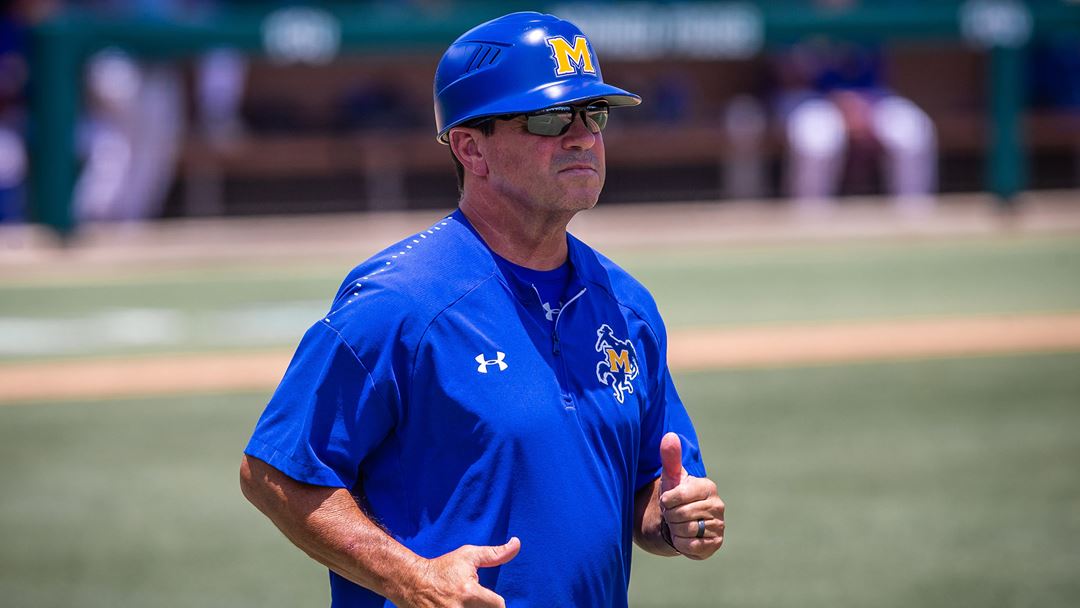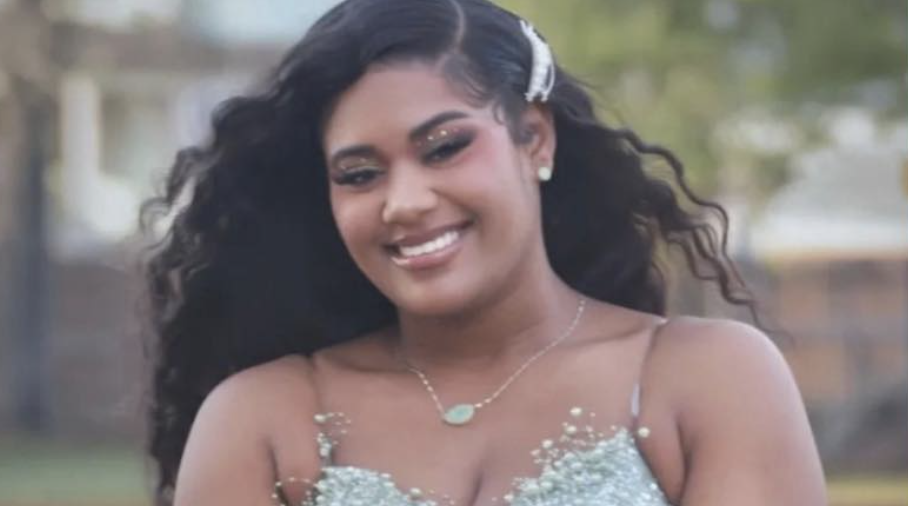Closure of polling places controversial
Published 6:00 pm Saturday, September 28, 2019
Are states eliminating or changing polling places in an effort to restrict the ability of some citizens to vote? The answer anyone gets to that question pretty much depends on whom you ask.
Louisiana will have 126 fewer polling places for voters to cast their ballots this year, according to a report in The Advocate. Nationally, the number stands at 1,688.
A voter access hearing held at the U.S. Capitol was aimed at finding out whether it’s time to again require some states to get U.S. Justice Department clearance before closing polling places. The 1965 Voting Rights Act required Louisiana and other southern states to get pre-clearance before changing election laws and procedures. However, that is no longer required.
Vanita Gupta, president and CEO of The Leadership Conference, said discrimination cases can be lengthy, and without pre-clearance, laws can go into effect before they’ve been fully vetted for unintended discrimination consequences.
“Closures often mean long lines at polling places, transportation hurdles and mass confusion about where eligible voters may cast their ballots,” Gupta said.
J. Christian Adams, president of the Public Interest Legal Foundation that advocates on behalf of tighter voting laws, doesn’t like the partisan nature of arguments over the Voting Rights Act.
“It has never been easier to register to vote in America than it is in 2019,” he said. “It has never been easier to vote in America than it is in 2019.”
Polling places in Louisiana are handled by parish governments, and the secretary of state’s office has a limited role, according to spokesman Tyler Brey.
“While we prefer continuity in polling locations, our only role in determining polling places is that the parish governing authorities must certify to our office that locations selected by parish governing authorities are (Help America Vote Act) compliant,”
U.S. Rep. Mike Johnson of Louisiana’s 4th Congressional District is chairman of the Republican Study Committee, and he spoke at the voter access hearing.
“Let’s be clear about this. We all agree that discriminatory treatment in voting based on race and sex is abhorrent,” he said. “But too often, complaints of discrimination in voting have nothing to do with discriminatory treatment. Instead rules entirely neutral on their face are sometimes claimed to be discriminatory because they have a disparate impact on one group or another.”
Before changing voting laws again, why not track developments in the coming elections and see which side of this argument is accurate in its conclusions?





